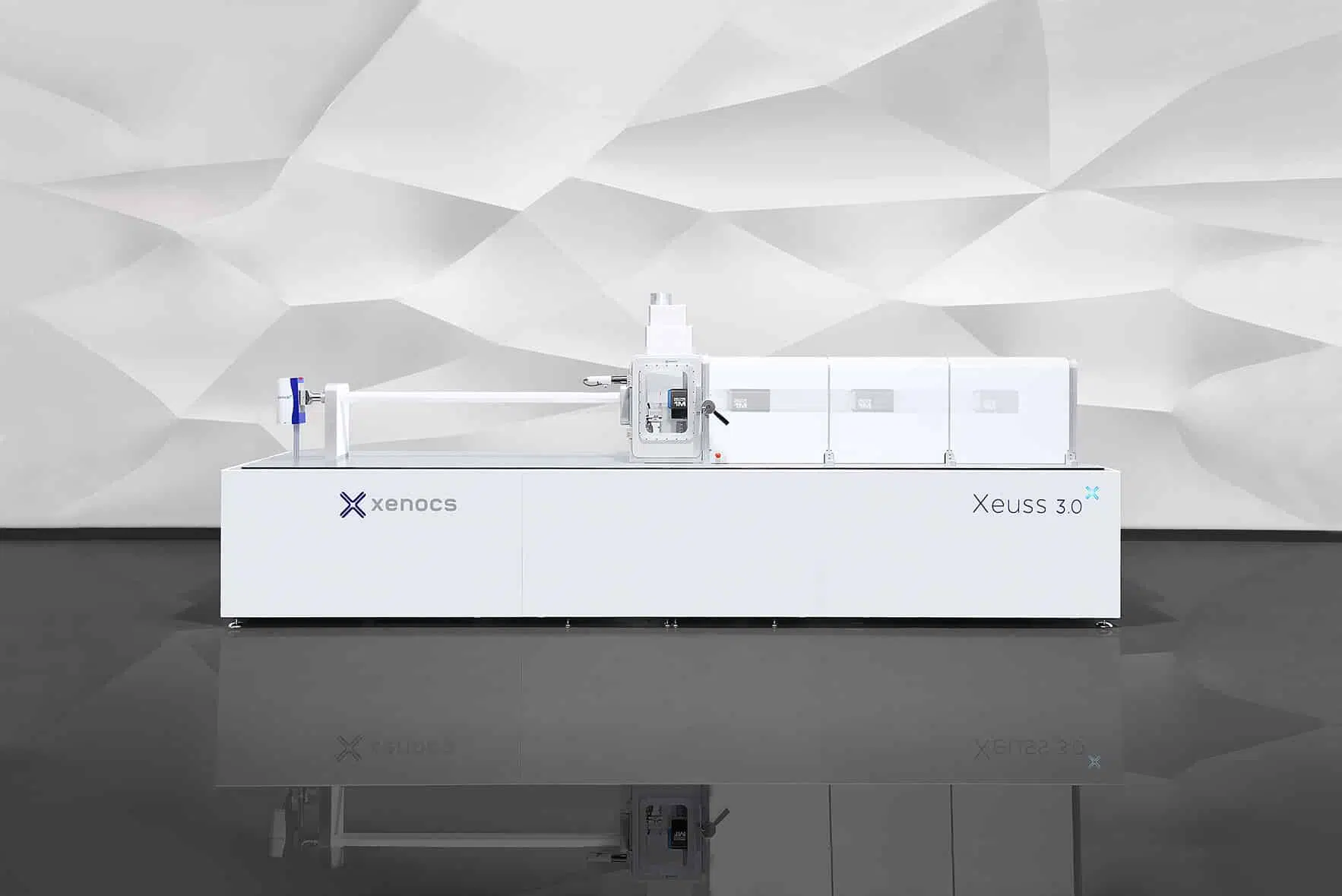chemistry of nanomaterials for energy biology and more, 2017, vol 3, 2, pp. 89-93
DOI:10.1002/cnma.201600313
Abstract
The conventional temperature-induced polyol synthesis of platinum nanoparticles is a powerful and well-established method for the preparation of stable, surfactant-free platinum nanoparticles (Pt NPs) with controlled shape, size and size distribution. Recently, we reported that exposure to daylight leads to the formation of Pt NPs from precursor solutions, suggesting that a parallel approach of UV-induced polyol synthesis could be a cheaper and more widely applicable alternative. Here we report a controlled size and size distribution for Pt NPs prepared using UV irradiation instead of thermal treatment. Results demonstrate that, depending on the concentration of NaOH in the reaction mixture, the size of produced nanoparticles can vary between 1 and 5.8 nm. We also show, for the first time, how NaOH affects the formation of organic side products, which alters Pt NPs stability, and demonstrate a method for the preparation of stable nanoparticle suspensions with an average particle size of 5.8 nm.


































